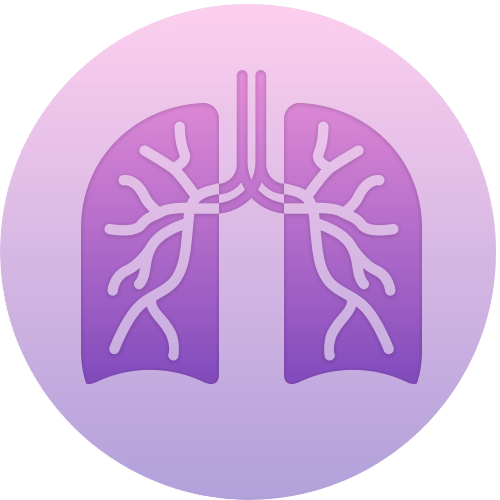Why do I get an asthma attack every time I have a cold or flu??

I hope all of you are doing well. Staying warm, eating healthy and keeping fit. This winter has been extremely busy for all of us in the pharmacy. It is probably one of the worst winters I’ve seen in recent years in terms of people catching a cold or flu.
A regular patient came into the pharmacy this morning to get his prescription filled. I greeted him in the shop as he approached slowly to the counter and handed over a prescription for a course of antibiotics and prednisone (steroid). I immediately knew that his asthma must be worsening due to a chest infection. He then asked me…
“Why do I always get an asthma attack every time I have a cold??”
“This is the second time this year!”
I replied saying… “Well, if you have asthma, even a mild cold can lead to wheezing, triggering an asthma attack. Together with low immunity, your cold may even progress to a bacterial chest infection which I suspect you have?”
He replied…” That’s what the doctor was saying”
He then curiously asked…” So how come people like me with asthma are more prone to getting chest infections?”
I said…” Even though people with asthma are no more likely to get the flu than anyone else, the complications are much greater. Its because influenza causes inflammation in your airways, that not only triggers the symptoms of asthma but also make them worse.”
He replied in a depressing tone…” That means I’m doomed…”
I interrupted him…” Well, I wouldn’t go that far. The main thing people with asthma need to do is to focus on finding out what the triggers are for their asthma and try to avoid them. “
“In your case, one of the crucial things you could do to help prevent colds or flu is to get the flu shot. Did you get one this year?”
He replied in a sense of disbelief…” Umm…no I didn’t. Do they work?”
I replied saying…” Each year, the flu vaccine aims to prevent the four strains of influenza predicted to predominate that year. Now, even though some years the prediction might miss the target, they still give us a certain degree of protection. Hence, I would strongly suggest you consider it.”
“Beyond vaccination, practice good hygiene by washing your hands regularly and keep your hands from your face, nose & mouth because they are entry points for bacteria.”
Besides avoiding the asthma triggers such as pollen, dust mites, common cold, cold air & certain food, patients in the past have asked me about taking vitamins or supplements to help improve their asthma control.
Well, whether a specific vitamin supplementation will improve asthma outcomes is a much more complicated topic. However, some research suggests theories such as:
1) Asthma has increased, primarily in Western countries
2) A dietary difference exists between Western countries and countries that have low rates of asthma
My concern with those studies is that even though a population with a high incidence of asthma is noted to have some vitamin deficiencies, that doesn’t mean supplementation will improve asthma. However, what it could be suggesting is that the deficiency of vitamins is more of a marker of a less healthy diet or lifestyle in general.
Nonetheless, there is some theoretical evidence suggesting vitamin D, C & E may impact the levels of certain immune cells and produce an anti-inflammatory response in the lungs which could help improve asthma condition. However, the evidence is not conclusive enough to suggest a definitive benefit of supplementation in asthma patients.
The following are the six things I recommend if you have uncontrolled asthma:
1) Ask your GP to establish an asthma action plan – a detailed plan on how to take medications and to manage an asthma attack.
2) Ask your pharmacist to explain what each asthma medication if for and the most appropriate way to take them
3) Get the flu vaccine and oral bacteria vaccine (Bucaline) – to prevent a cold/flu from triggering asthma flare-ups
4) Identify and avoid asthma triggers
5) Monitor your breathing – to learn to recognise warning signs of an impending attack (e.g. cough, shortness of breath, or wheezing
6) Take your preventer regularly to keep your asthma under control
If you have any questions about asthma, please feel free to contact one of our team or me.
To you and your family’s health
Chris
Pharmacist


















